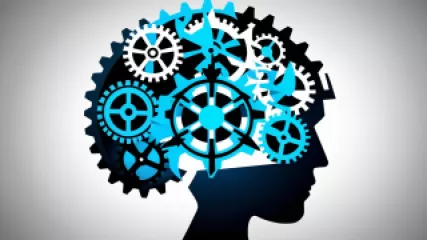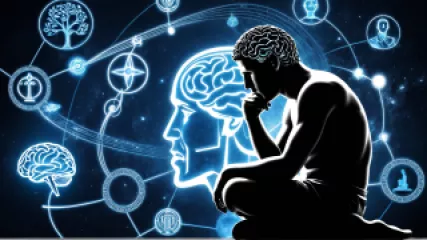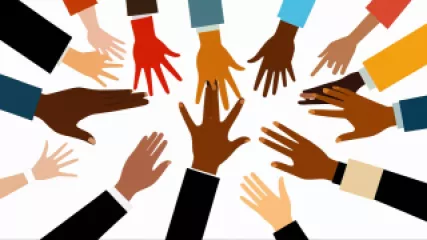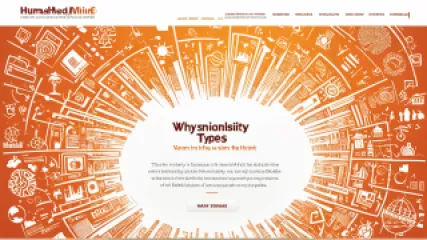The Psychology of Judgment and Decision Making
1 year ago
Psychology of Decision Making
Proven Steps to Break Bad Habits for Good
1 year ago
Breaking Bad Habits
How to Explore the Intersection of Philosophy and Psychology
1 year ago
Philosophy and Psychology
Addressing Ethical Dilemmas: A Path to Meaningful Resolution
1 year ago
Ethical Dilemmas
Embracing Diversity: Why Sexual Orientation Matters
1 year ago
Sexual Orientation
The Ultimate Guide to Developing Powerful Communication Skills
1 year ago
Communication Skills
The Ultimate Guide to Mastering Success Psychology
1 year ago
Success Psychology
How to Apply Environmental Psychology Principles for Sustainable Mental Health
1 year ago
Environmental Psychology
Establishing Boundaries for a Balanced Life: Research Insights
1 year ago
Boundaries in Personal Life
Confronting Bias: A Research Summary
1 year ago
Confronting Bias
How Can Online Counseling Help Overcome Mental Health Stigma?
1 year ago
Mental Health Stigma
10 Effective Strategies for Handling Life Setbacks
1 year ago
Handling Life Setbacks
Why Personality Types Aren't Enough: Embracing the Complexity of the Human Mind
1 year ago
Personality Types
The Ultimate Guide to Navigating Mental Health Challenges in the Diaspora
1 year ago
Mental Health in Diaspora
10 Stress-Reducing Healthy Habits for a Balanced Life
1 year ago
Healthy Habits














